10 Expert-Recommended Foods That Naturally Lower Blood Pressure
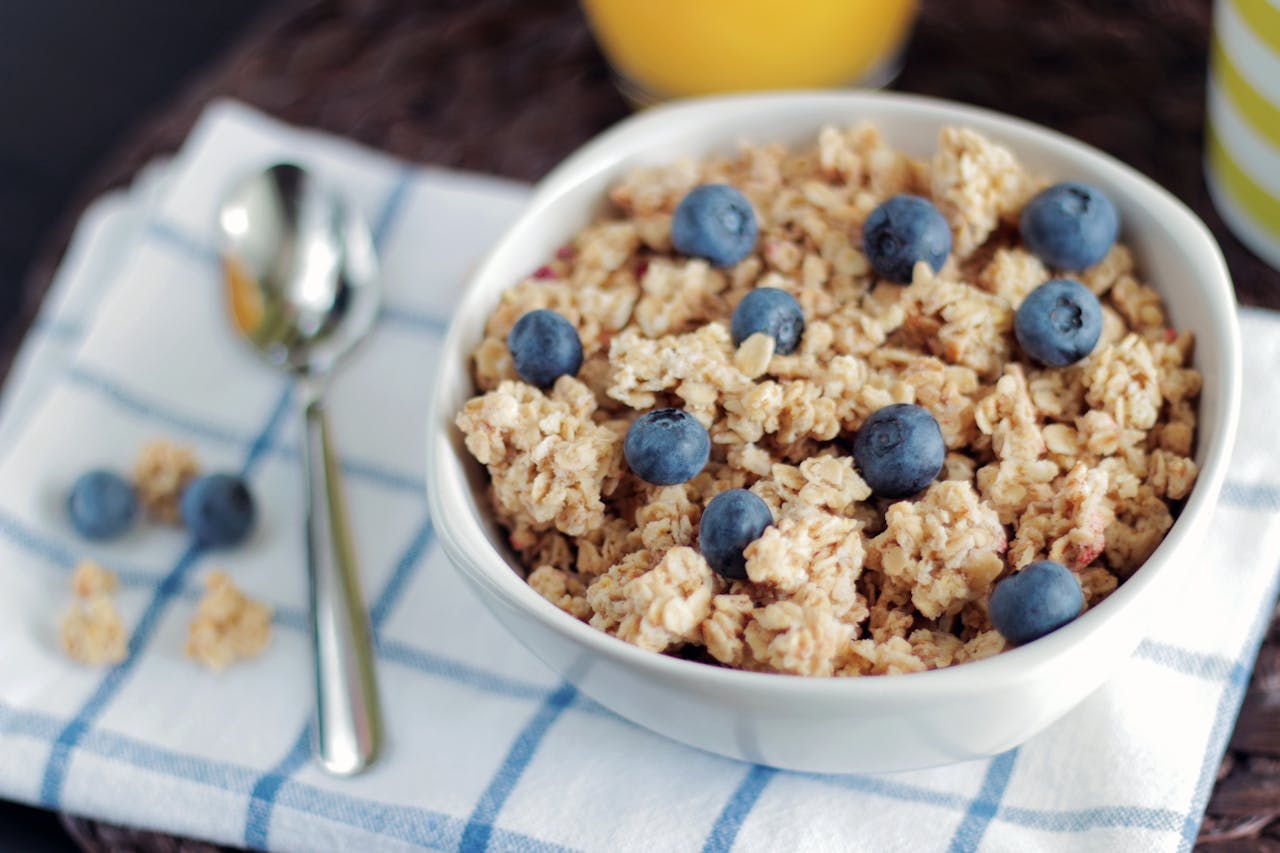
High blood pressure, also known as hypertension, is a common health issue that affects millions of people worldwide. It is a major risk factor for heart disease, stroke, and other serious health problems. While medication can be an essential part of managing high blood pressure, there are also natural ways to reduce it, such as by adjusting your diet. By incorporating specific foods into your daily meals, you can lower your blood pressure and reduce your reliance on prescription drugs. Here are 10 expert-recommended foods that are proven to help lower blood pressure and support overall heart health.
1. Leafy Greens: A Potassium Powerhouse
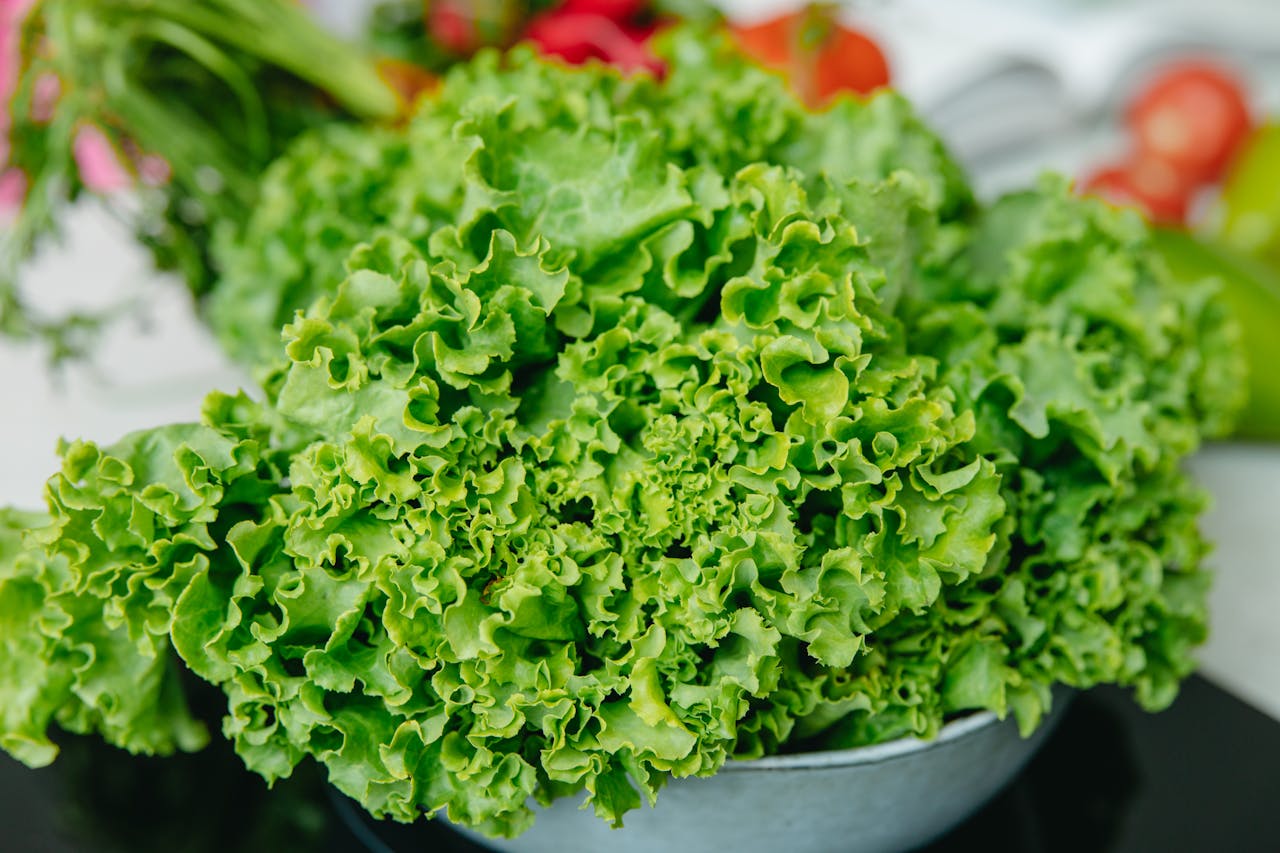
Leafy greens such as spinach, kale, and arugula are excellent sources of potassium, a mineral that helps regulate blood pressure by counteracting the effects of sodium. Sodium retention can lead to higher blood pressure, but potassium helps remove excess sodium from the body through urine, thus lowering blood pressure naturally. Additionally, leafy greens are rich in antioxidants, which protect blood vessels from damage and improve circulation. Adding these greens to salads, smoothies, or side dishes is a simple way to keep your blood pressure in a healthy range.
2. Berries: Flavonoid-Rich Heart Helpers
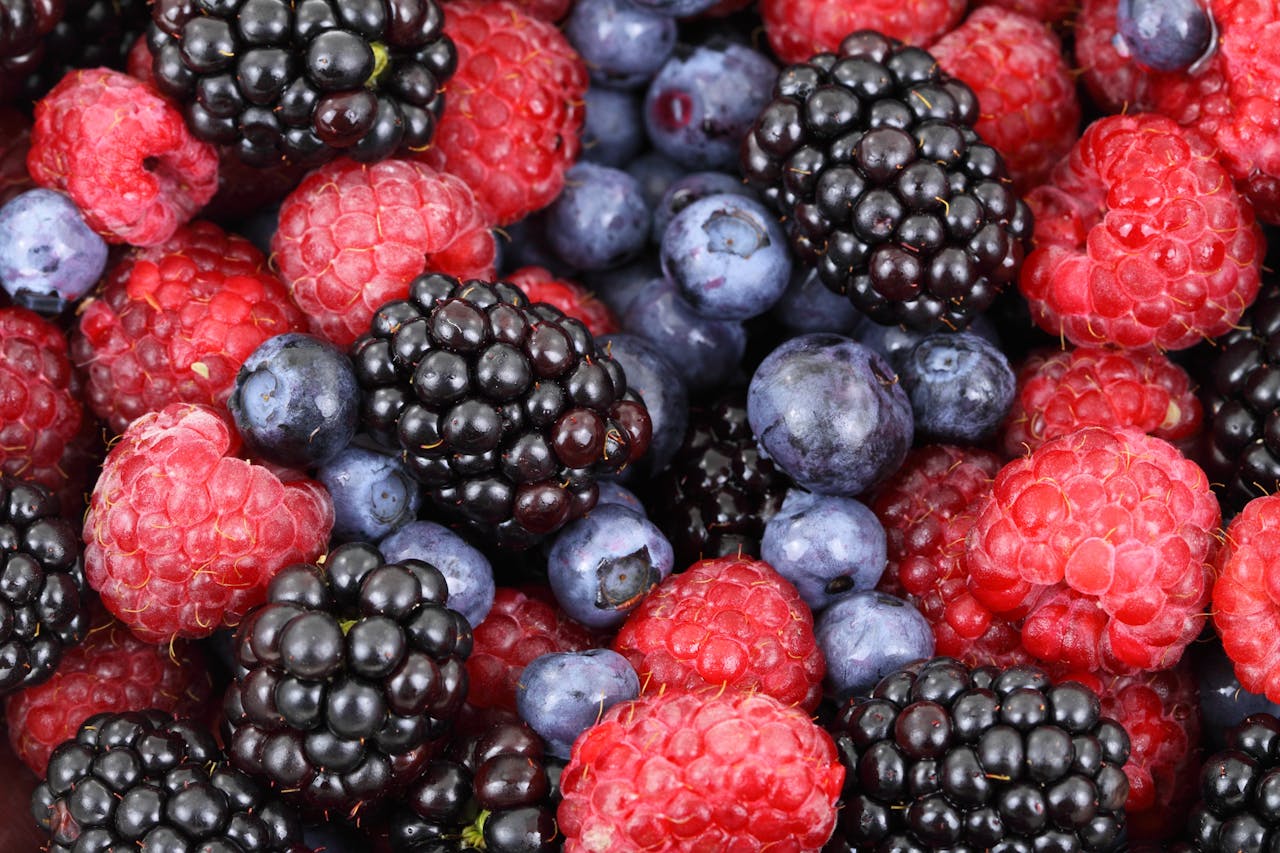
Berries, particularly blueberries and strawberries, are packed with flavonoids, which are compounds known for their heart-healthy properties. Flavonoids help improve the function of blood vessels by relaxing them, promoting better circulation, and reducing strain on the arterial walls. Studies show that consuming berries regularly can significantly lower both systolic and diastolic blood pressure. Berries can easily be incorporated into your diet by adding them to yogurt, oatmeal, or smoothies, providing both flavor and health benefits.
3. Beets: Nature’s Nitric Oxide Boosters
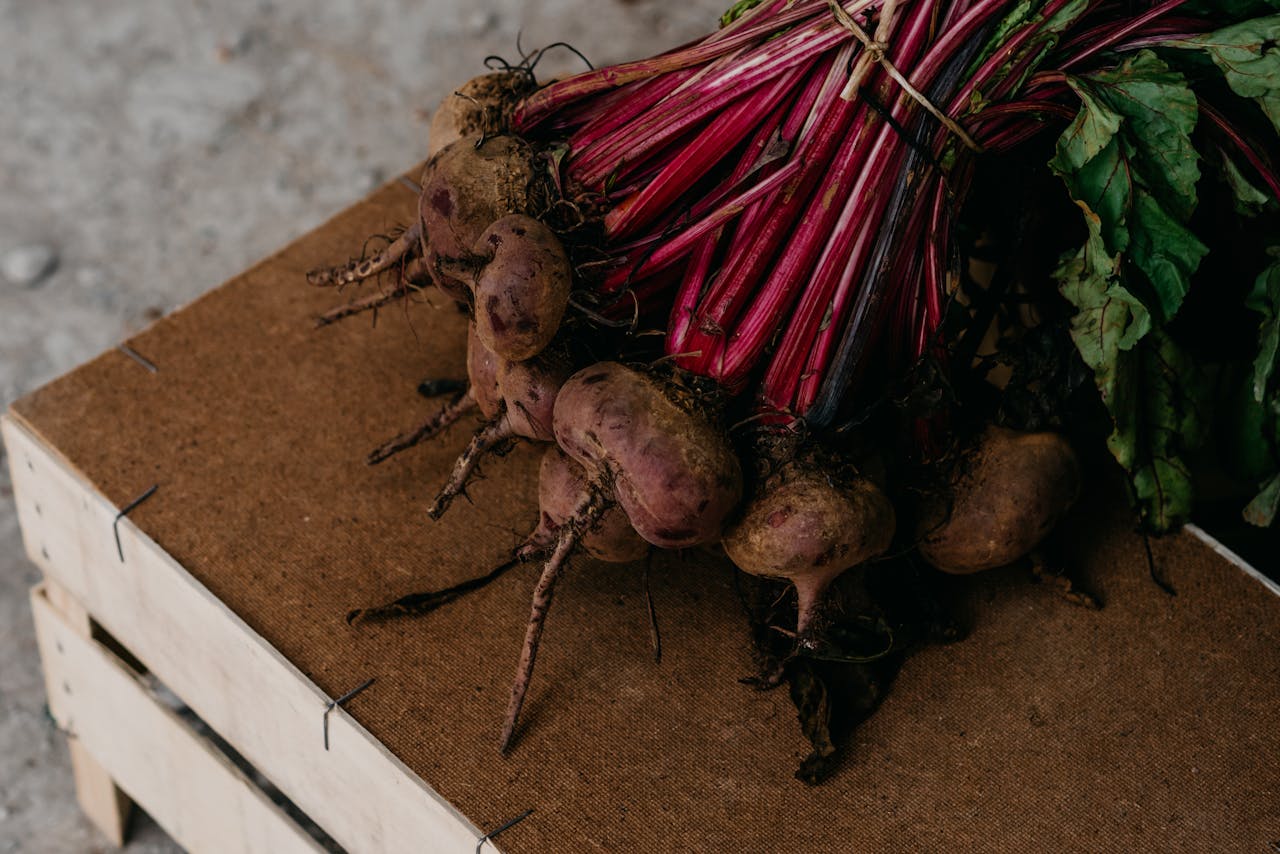
Beets are rich in nitrates, compounds that are converted into nitric oxide in the body. Nitric oxide helps relax and widen blood vessels, which improves blood flow and reduces pressure on the arteries. Research shows that drinking beet juice or eating cooked beets can result in an immediate reduction in blood pressure. Whether enjoyed roasted, blended into a smoothie, or juiced, beets are a vibrant and delicious way to support better blood circulation and heart health.
4. Oats: The Cholesterol-Busting Fiber Source
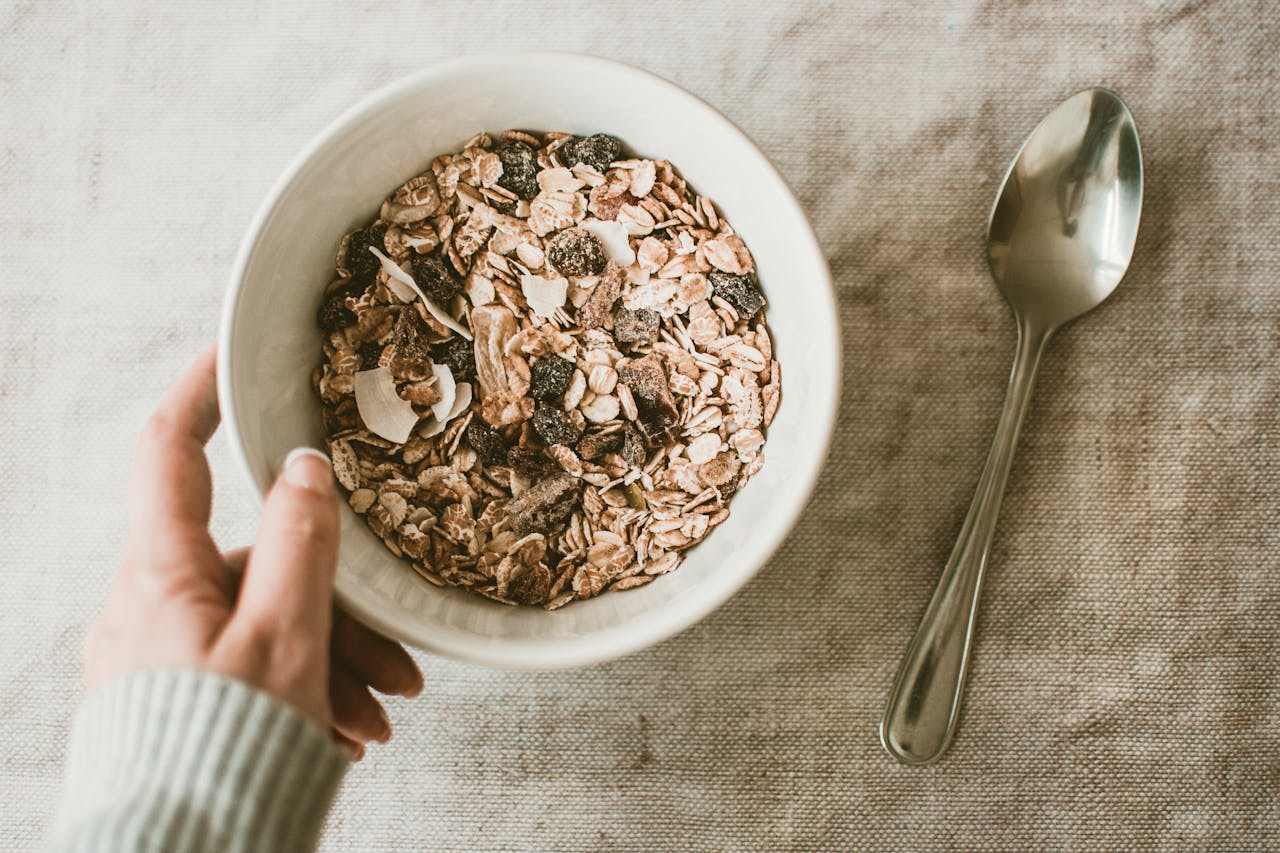
Oats are an excellent source of beta-glucan, a type of soluble fiber that has been shown to lower both cholesterol and blood pressure. This fiber helps maintain the flexibility of blood vessels and prevents them from stiffening, which can lead to higher blood pressure. Including oats in your breakfast, whether through oatmeal, granola, or baked goods, is a simple yet effective way to improve your heart health. Oats are also highly versatile, making them an easy addition to any meal plan.
5. Bananas: A Convenient Potassium Fix
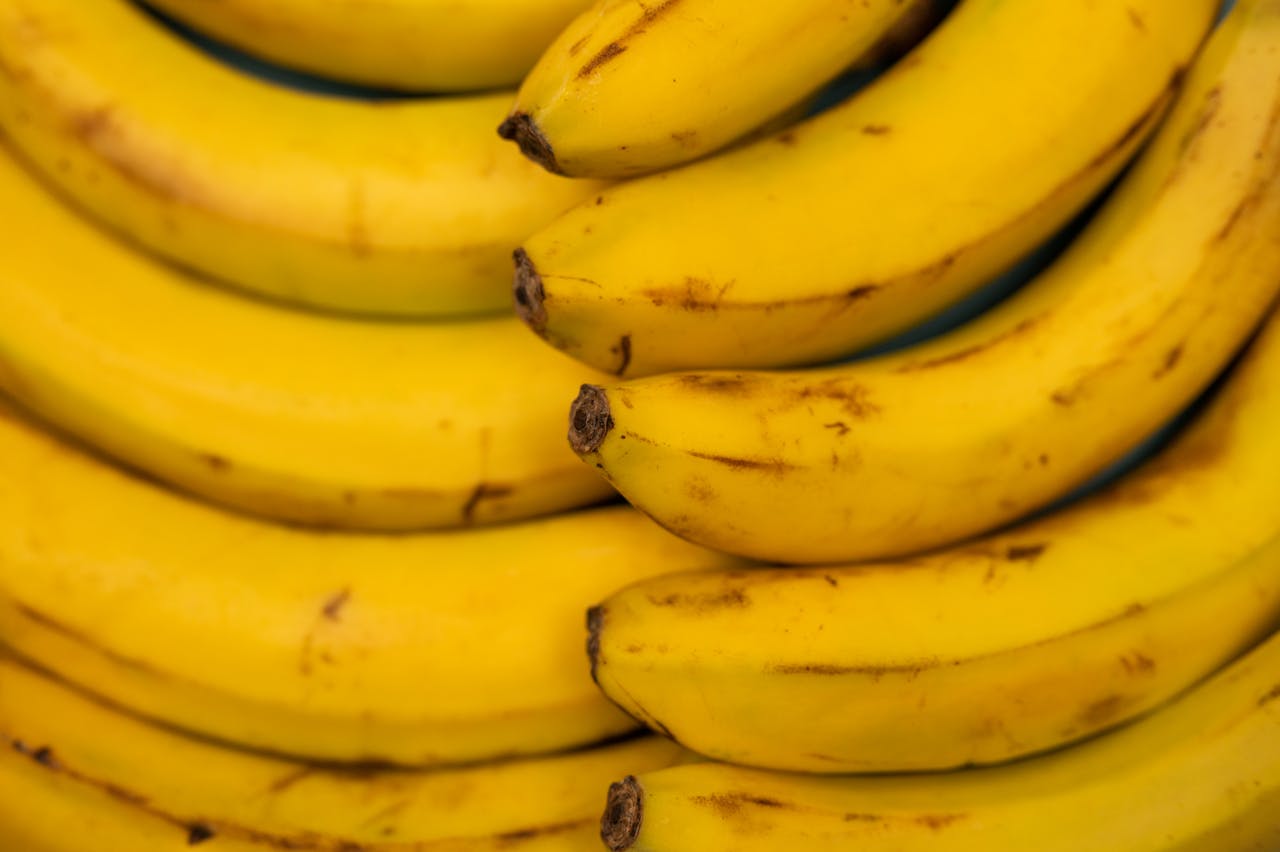
Bananas are one of the most convenient and potassium-rich fruits available, making them a great choice for naturally lowering blood pressure. Potassium helps balance sodium levels in the body, reducing water retention and relaxing tension in the blood vessels. Eating bananas regularly can help keep your blood pressure within a healthy range, especially when paired with a low-sodium diet. Bananas can be enjoyed on their own, in smoothies, or as a topping for cereal, providing a versatile and heart-friendly snack option.
6. Garlic: A Flavorful Way to Dilate Blood Vessels
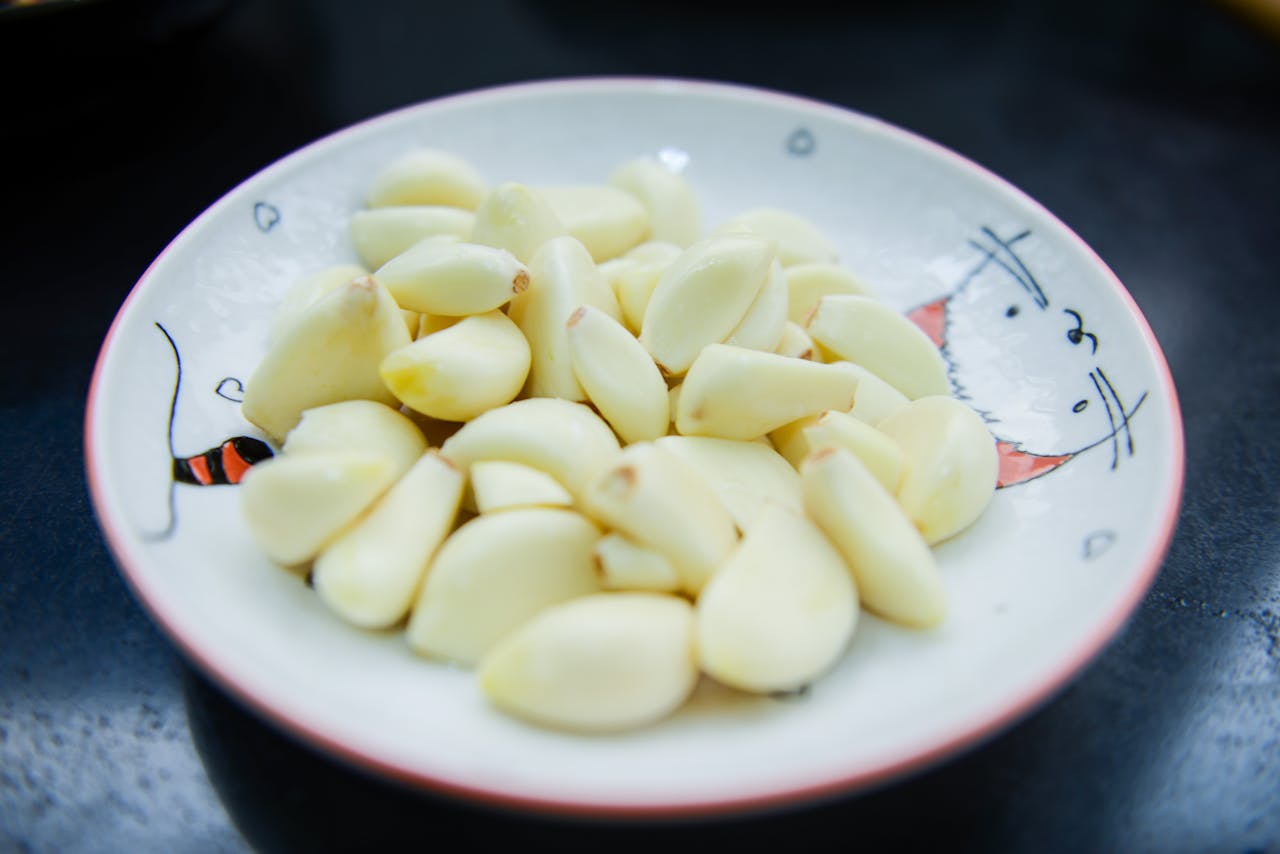
Garlic has long been used for its medicinal properties, including its ability to lower blood pressure. The compound allicin, found in garlic, helps relax and widen blood vessels, improving circulation and reducing pressure on arterial walls. Studies show that consuming raw or cooked garlic can lead to significant reductions in blood pressure. Whether added to soups, sauces, or roasted dishes, garlic not only enhances flavor but also offers a natural way to support heart health.
7. Fatty Fish: Omega-3s for Heart Health
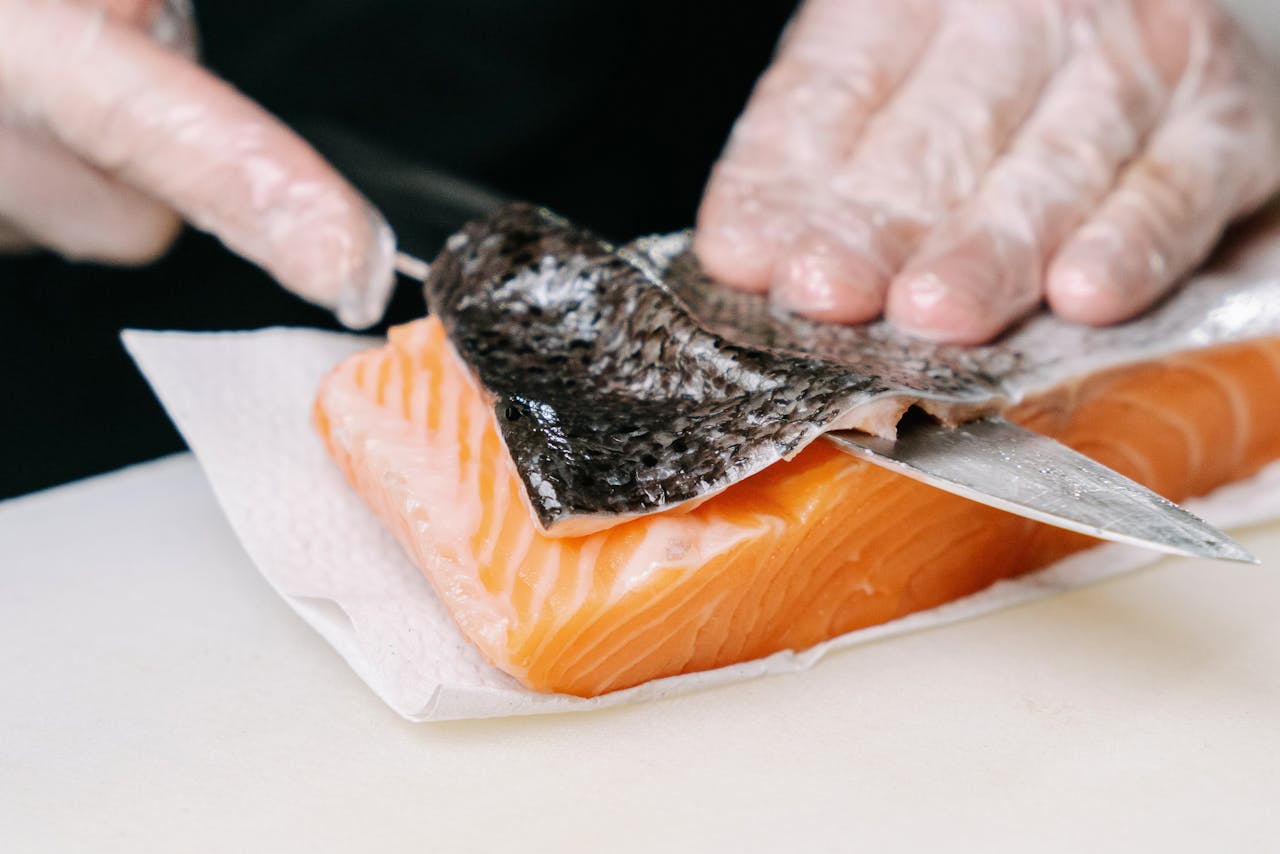
Fatty fish such as salmon, mackerel, and sardines are rich in omega-3 fatty acids, which are essential for maintaining heart health. Omega-3s help lower inflammation, improve blood vessel function, and reduce blood clotting, all of which contribute to lower blood pressure. Consuming fatty fish at least twice a week has been shown to significantly lower systolic and diastolic blood pressure. Whether grilled, baked, or broiled, fatty fish are a delicious way to incorporate omega-3s into your diet.
8. Nuts and Seeds: Magnesium and Potassium Boosters
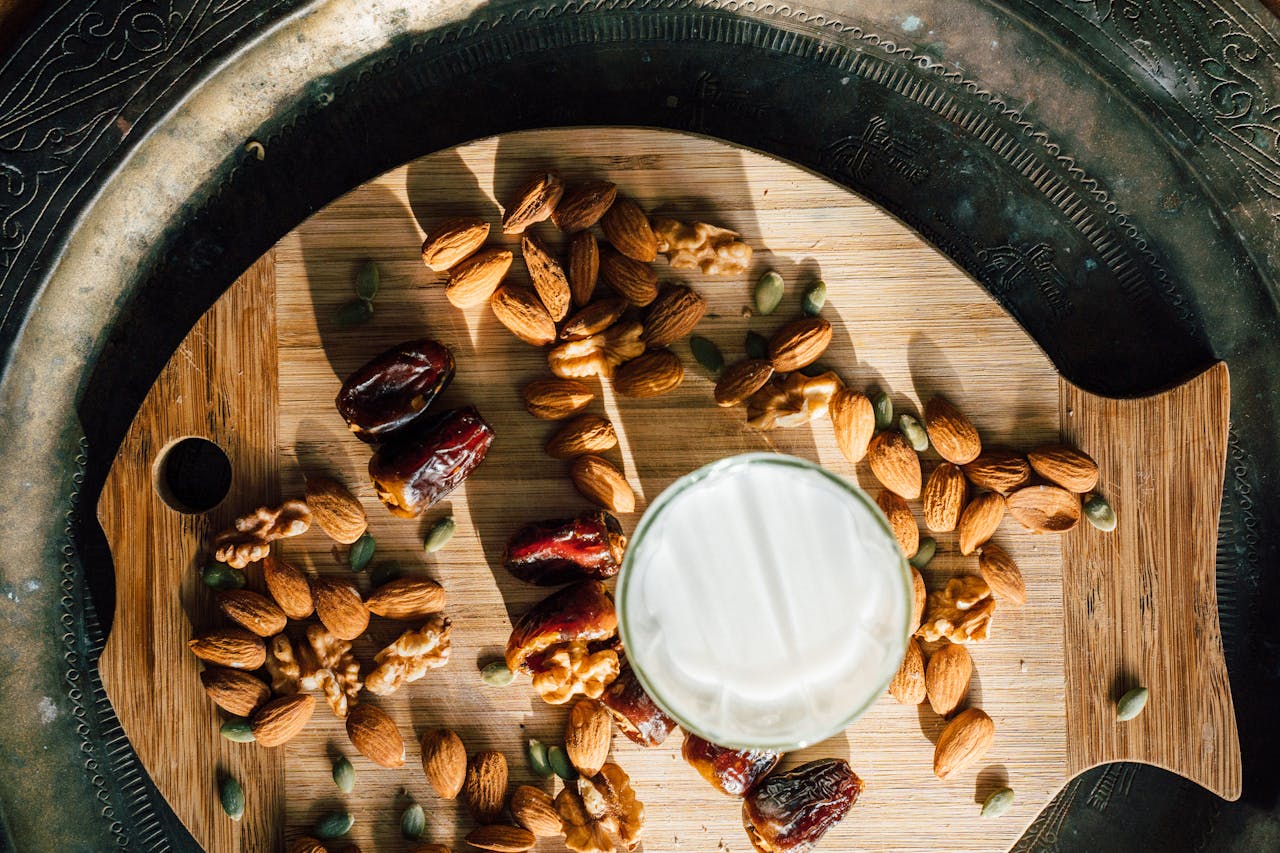
Nuts and seeds, especially almonds, flaxseeds, and chia seeds, are packed with essential nutrients like magnesium, potassium, and healthy fats that all play a role in regulating blood pressure. Magnesium helps relax blood vessels, improving blood flow and reducing pressure on artery walls, while potassium balances sodium levels in the body. Adding nuts and seeds to salads, smoothies, or oatmeal is an easy and nutritious way to incorporate these heart-friendly foods into your daily meals.
9. Dark Chocolate: A Sweet Way to Support Blood Flow
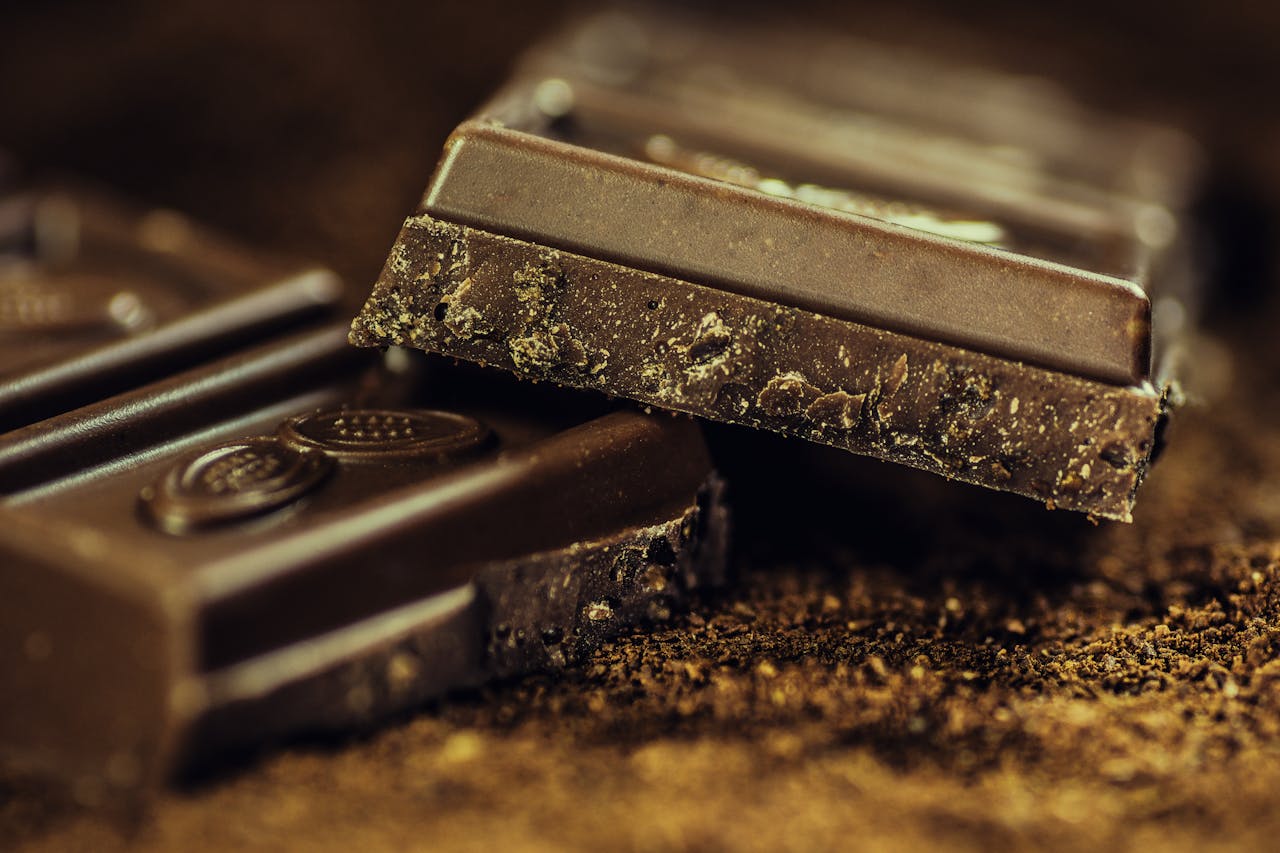
Dark chocolate, when eaten in moderation, can actually help lower blood pressure. It contains flavonoids, which promote the production of nitric oxide in the body. Nitric oxide relaxes and dilates blood vessels, improving circulation and reducing blood pressure. Research suggests that consuming small amounts of dark chocolate, with at least 70 percent cocoa, can lead to improvements in blood pressure levels. Enjoy a square or two of dark chocolate as a treat while also benefiting your heart.
10. Citrus Fruits: Vitamin C for Vascular Health
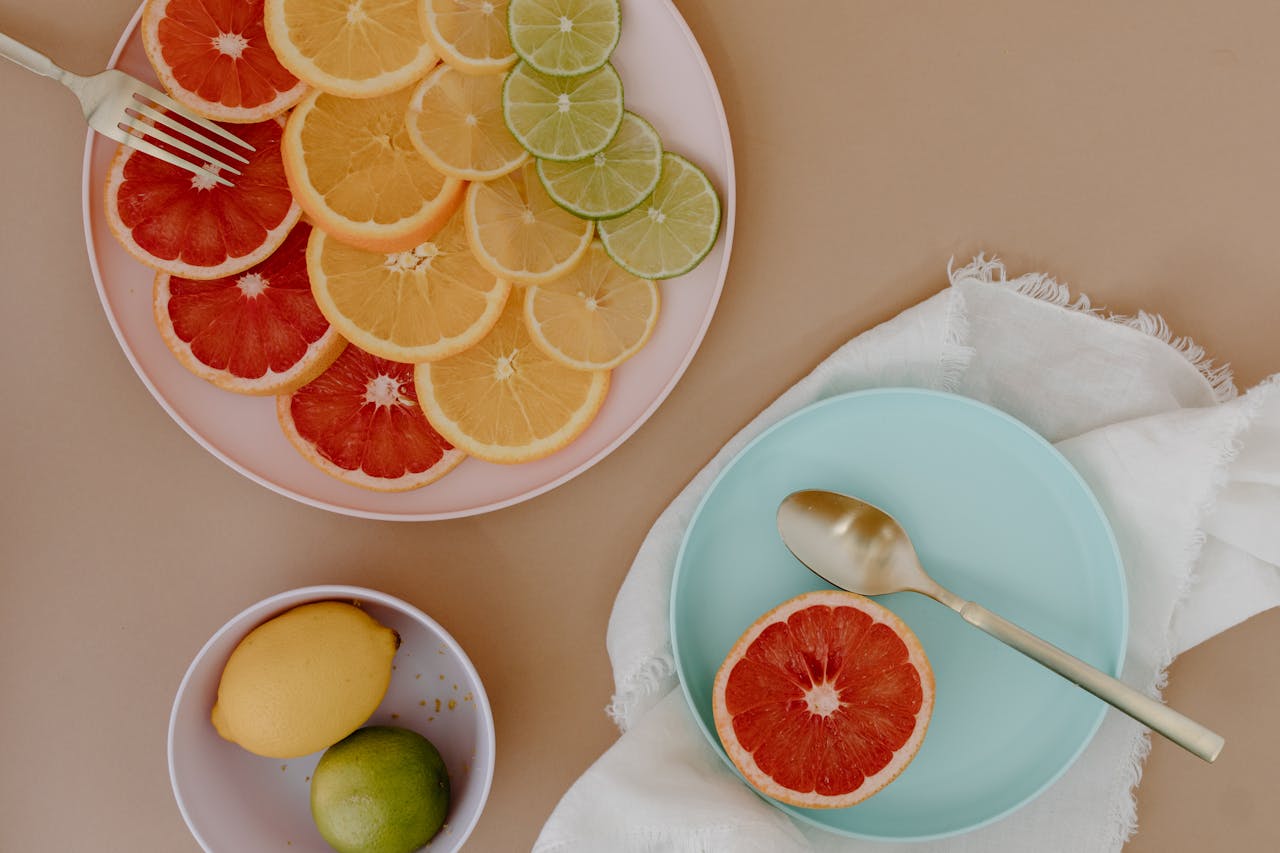
Citrus fruits like oranges, lemons, and grapefruits are high in vitamin C, which is essential for maintaining healthy blood vessels. Vitamin C helps improve the elasticity and strength of blood vessels, allowing for better blood flow and lower blood pressure. In addition, citrus fruits are rich in potassium, further enhancing their ability to regulate blood pressure. Adding citrus fruits to your meals or enjoying a glass of fresh juice is a refreshing way to support heart health naturally.
Final Thoughts
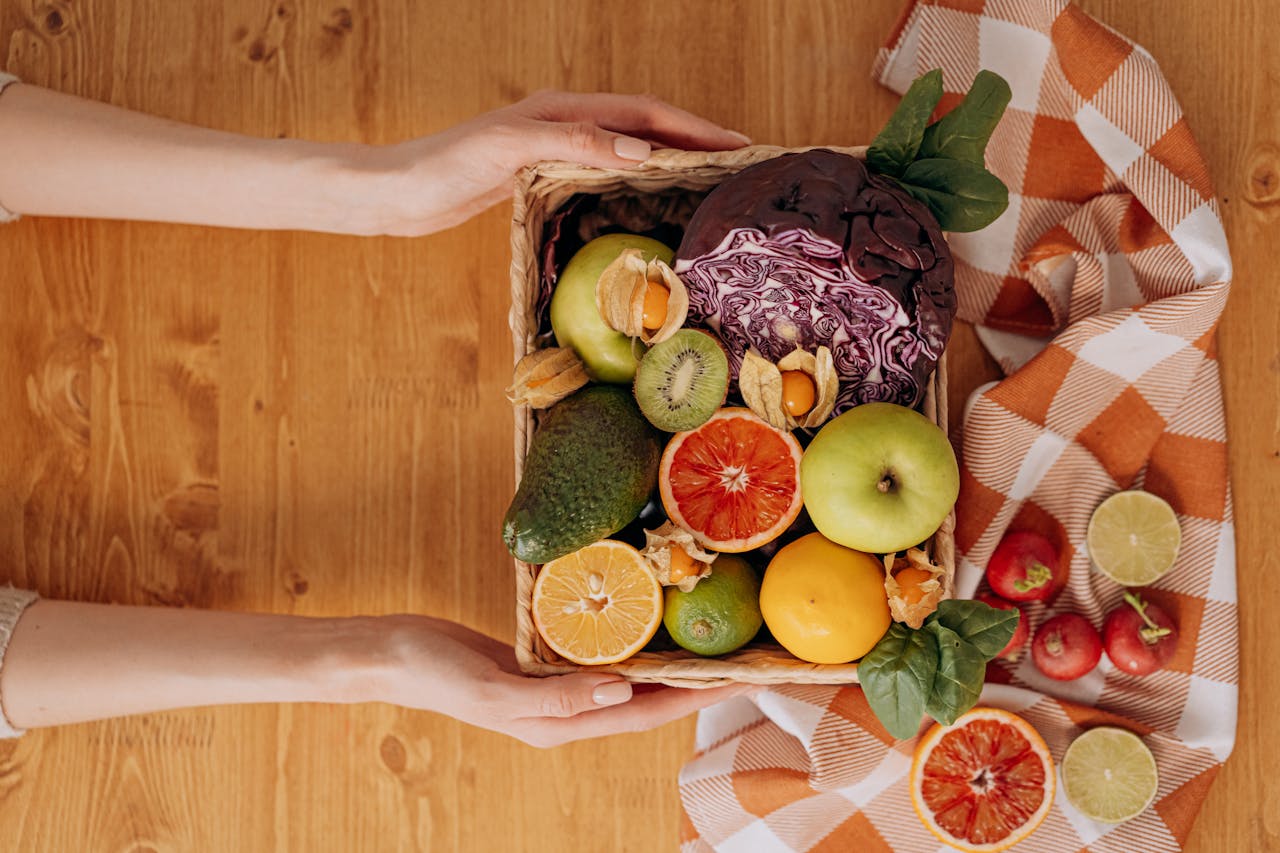
Maintaining healthy blood pressure is crucial for protecting your heart and preventing serious complications such as heart attacks and strokes. While medication can be helpful for some individuals, dietary changes are an effective way to naturally lower blood pressure. By incorporating these 10 expert-recommended foods into your diet, you can improve your overall heart health and reduce the risk of hypertension-related issues. Remember to consult your healthcare provider before making significant changes to your diet, especially if you are on medication for high blood pressure. Along with regular exercise and stress management, these heart-healthy foods can help you maintain optimal blood pressure levels and support your overall well-being.
Leave a Reply